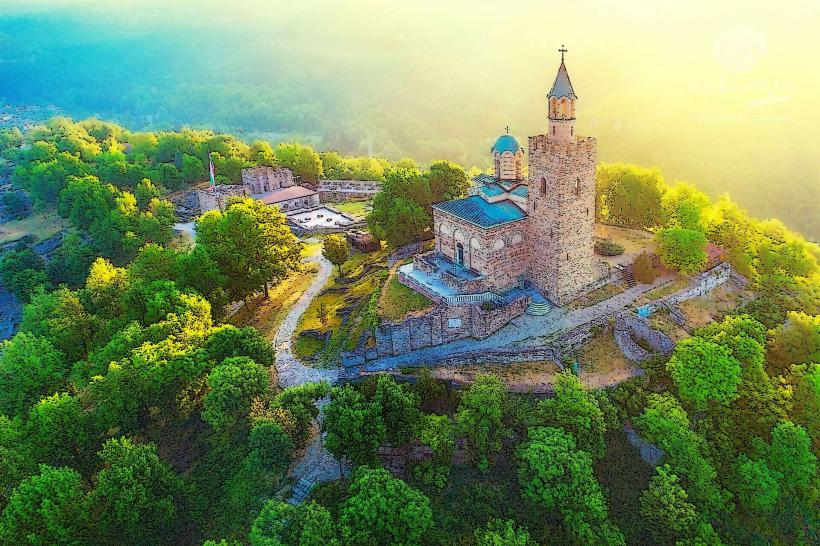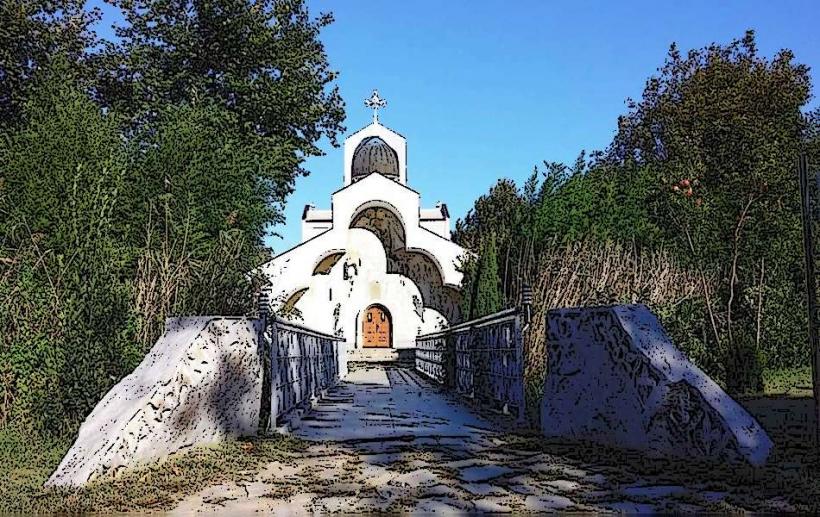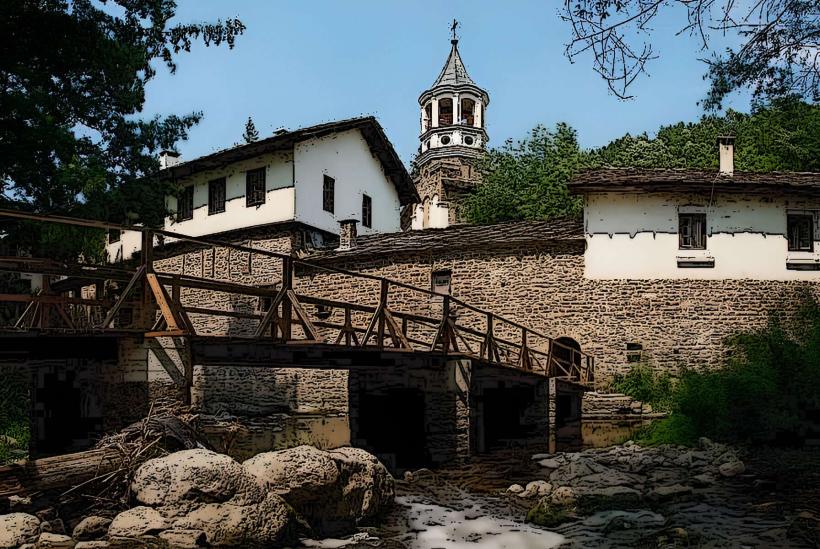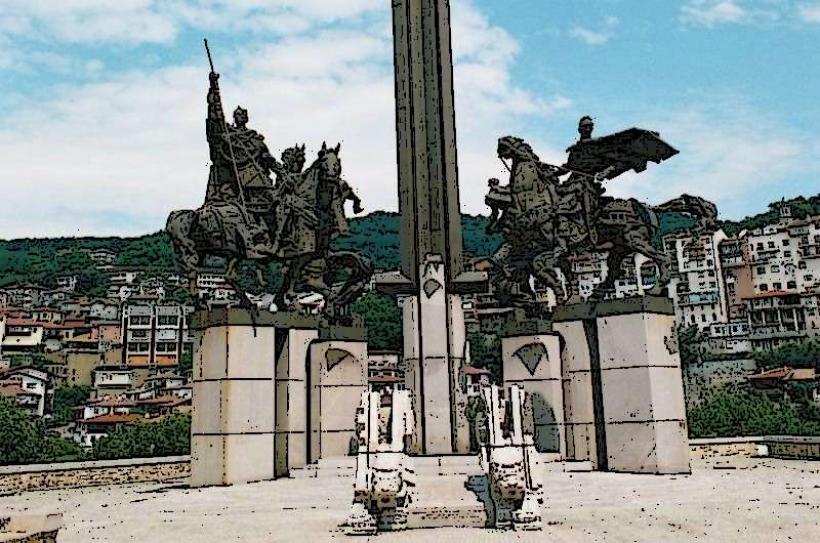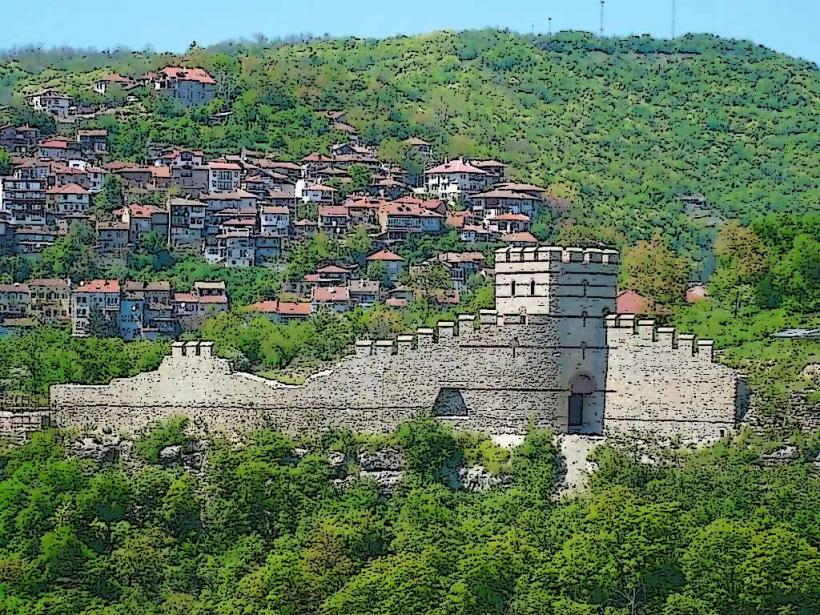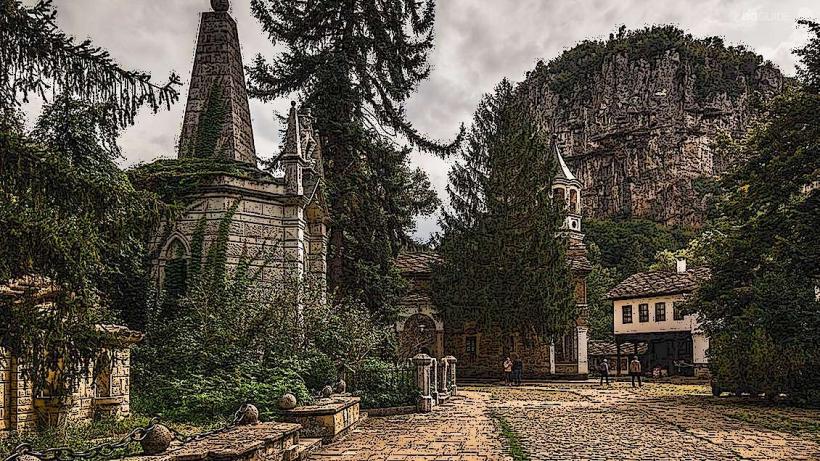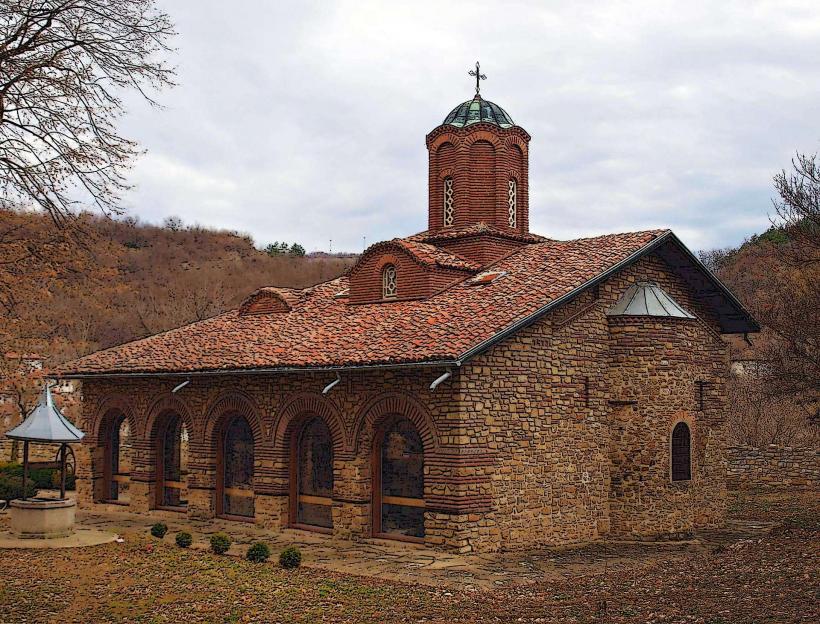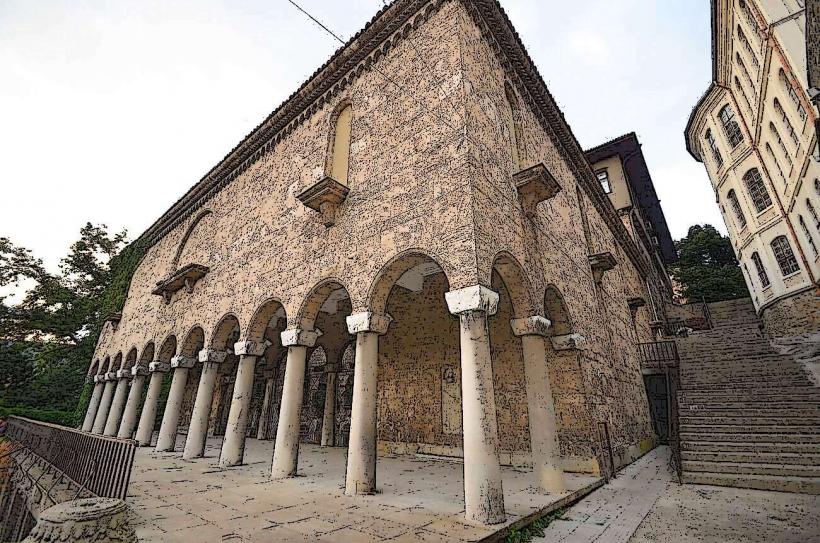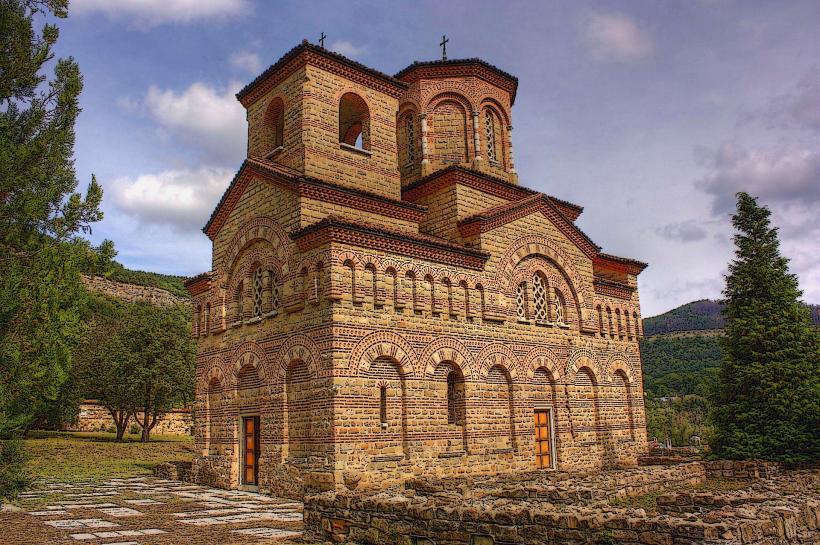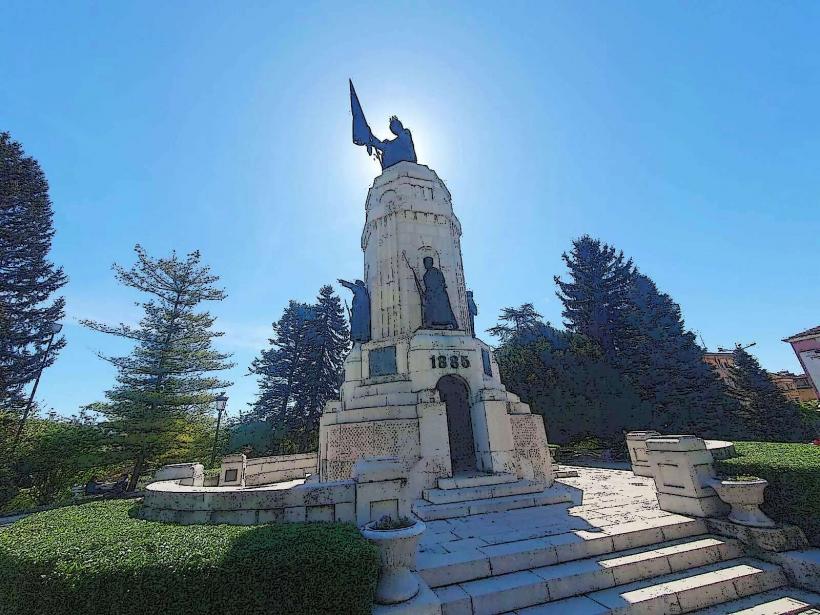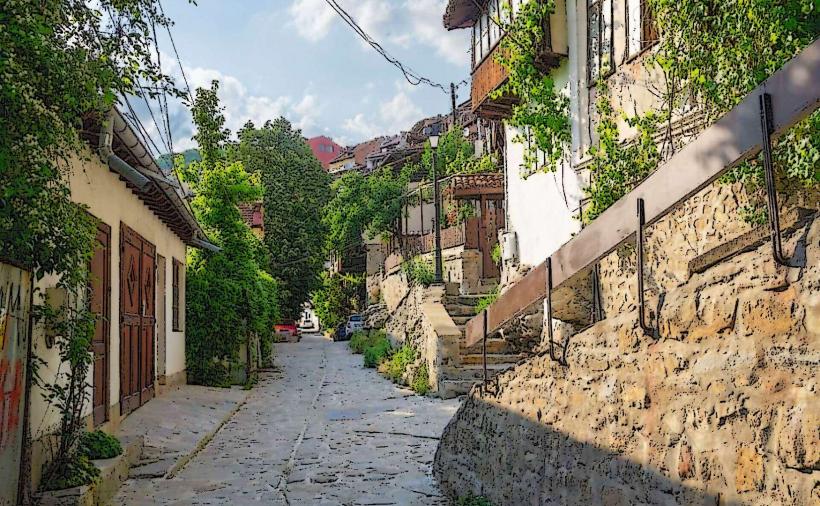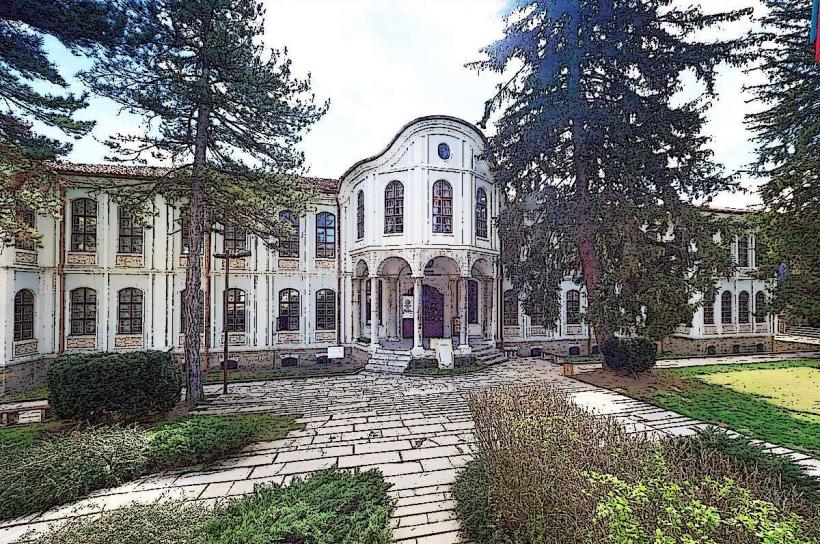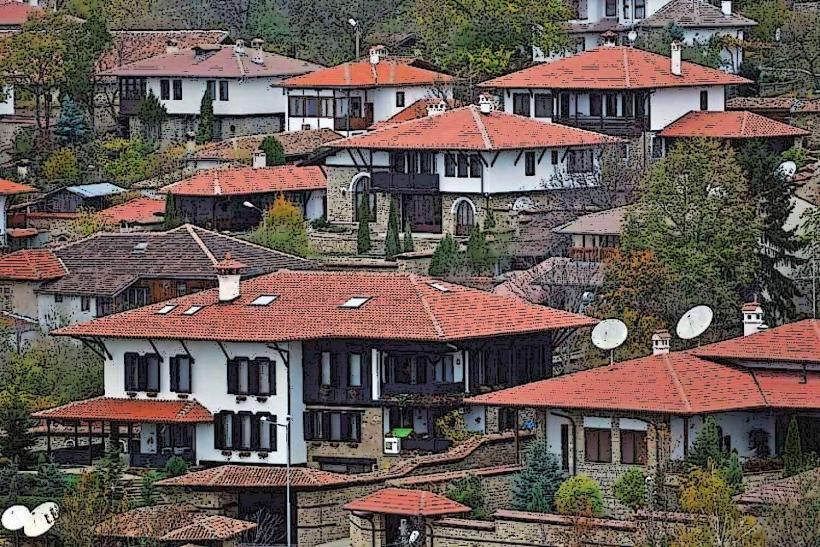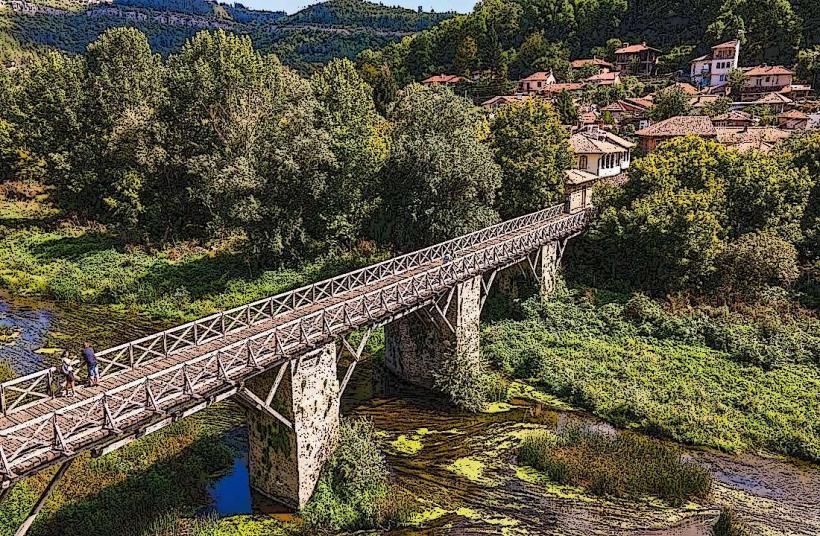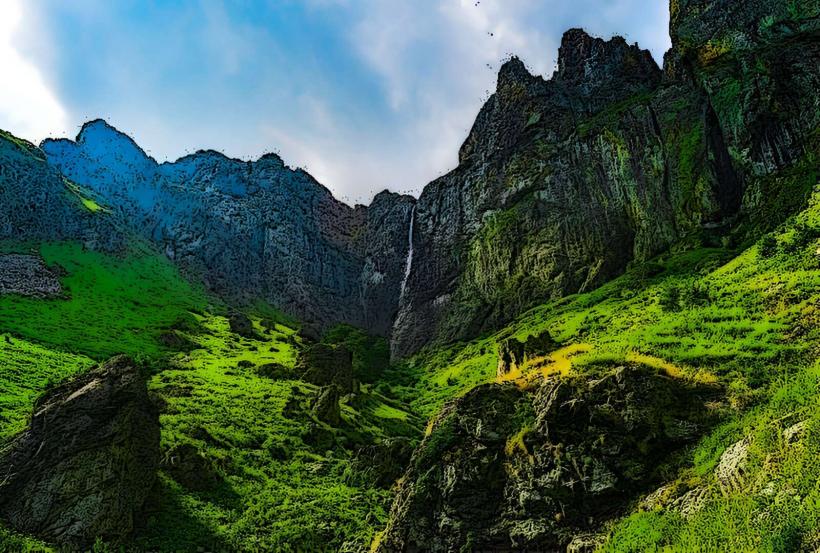Information
Landmark: Etara Architectural-Ethnographic ComplexCity: Veliko Tarnovo
Country: Bulgaria
Continent: Europe
The Etara Architectural-Ethnographic Complex, located near Gabrovo in central Bulgaria, is an open-air museum that recreates a typical Bulgarian village from the 18th and 19th centuries during the Bulgarian National Revival period. It is a living museum where visitors can explore traditional crafts, architecture, and way of life from a bygone era.
Overview:
Established:
- The complex was officially opened in 1964 and remains the only museum of its kind in Bulgaria.
Purpose:
- Etara was created to preserve and showcase Bulgarian crafts, architecture, and cultural traditions from the late Ottoman period. It aims to educate visitors about the skills and ingenuity of Bulgarian artisans.
Location:
- Nestled in the Balkan Mountains, approximately 8 km south of Gabrovo, Etara is set in a picturesque environment that enhances its charm.
Key Features:
Craft Workshops:
- The complex features over 50 workshops where artisans demonstrate traditional Bulgarian crafts, such as:
- Woodcarving
- Pottery
- Weaving
- Metalwork
- Leather crafting
- Visitors can watch demonstrations and purchase handmade goods.
Water-Powered Mechanisms:
- Etara showcases Bulgaria's mastery of hydraulic engineering during the Revival period. It includes:
- Water mills
- Sawmills
- Wool mills
- These water-powered mechanisms are operational and demonstrate sustainable practices of the era.
Traditional Architecture:
- The complex is designed to resemble a Bulgarian village with stone-paved streets, traditional houses, workshops, and inns.
- The architectural style is typical of the National Revival period (18th-19th century), featuring symmetrical facades, wooden balconies, and tiled roofs.
Iconography and Religious Art:
- Etara includes workshops dedicated to religious art, such as icon painting, reflecting the strong Orthodox Christian heritage of Bulgaria.
Cultural Events and Festivals:
- Etara regularly hosts folk festivals and events to celebrate Bulgarian culture and traditions, such as:
- The International Fair of Traditional Crafts, which draws artisans from across the Balkans.
- Seasonal celebrations and folklore performances, providing a vibrant atmosphere for visitors.
Visiting Information:
Activities for Visitors:
- Explore working craft shops and learn about traditional skills.
- Participate in hands-on activities, such as pottery or weaving.
- Taste traditional Bulgarian cuisine at the complex’s eateries.
Accessibility:
- The site is open year-round and easily accessible by road from Gabrovo and other nearby cities like Veliko Tarnovo.
Nearby Attractions:
- Visitors often combine a trip to Etara with stops at the Dryanovo Monastery or Shipka Memorial Church, which are also in the region.
Why Visit Etara?
Etara offers a unique glimpse into Bulgaria's cultural heritage, making it an excellent destination for history enthusiasts, families, and anyone interested in traditional crafts and rural life. Its serene mountain setting and hands-on experiences make it one of the most captivating open-air museums in the Balkans.

